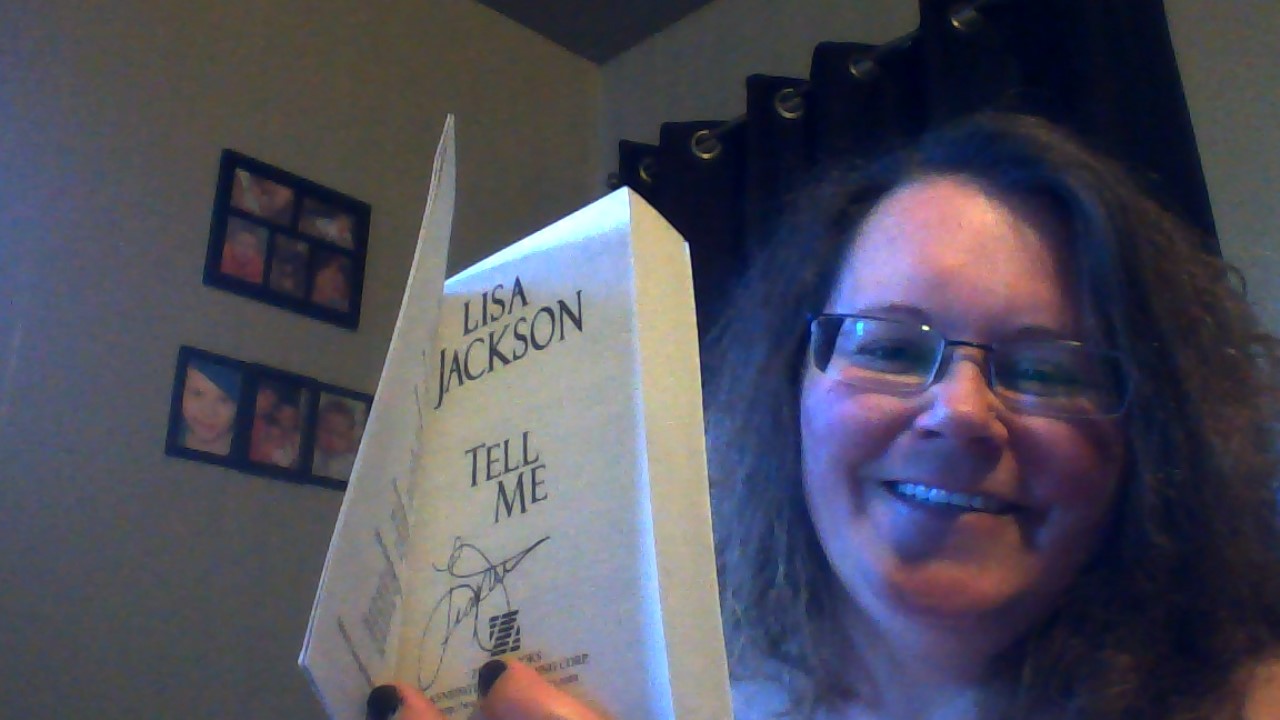
If you’re a content creator, coach, author, or creative entrepreneur—you already know the power of short-form video. TikToks, Reels, and YouTube Shorts are where audiences are hanging out, and they’re hungry for content that grabs attention fast.
But let’s be real…
Clipping and editing your long-form content into scroll-stopping short videos is time-consuming and kind of a pain, especially if you’re juggling multiple platforms and trying to stay consistent with your posts.
That’s where the Klap app comes in. This AI-powered app is changing the game!
What is Klap?
Klap is an all-in-one AI video repurposing tool that helps you turn long-form content into viral video clips—automatically. With just a few clicks, Klap identifies the best moments in your videos and transforms them into ready-to-share clips for TikTok, Instagram Reels, and YouTube Shorts.
- You can instantly share new videos across all platforms
- You can use AI-generated captions to boost accessibility and engagement
- You can save hours of editing time
What’s particularly cool is that Klap works for all different kinds of videos! It works best for videos that incorporate speaking, such as podcasts, interviews, educational videos, product reviews, trainings, and more, because the algorithm heavily relies on speech detection.
The Klap app is used by over 1.4 million creators… and counting! Why is it becoming so popular? Content creators love it for many reasons! Keep reading to find out the top 4 reasons.
Why Creators Love Klap
Here are 4 reasons why creators love the Klap app:
- Go from Podcast to Post in Minutes
Do you have a podcast, Zoom interview, or YouTube video? Upload it to Klap and let the AI do the heavy lifting. It finds the most impactful video clips—so you can get back to creating instead of spending your time editing long videos.
Here is A Complete Step-by-Step Guide to Creating Podcast Clips with Klap for Maximum Social Media Impact to help you.
- Save Time & Money
Forget manually clipping or hiring editors. Klap automates the process and creates up to 100 short clips per month on the Basic plan ($29/month). That’s 100 more ways to get discovered, without burning out or breaking the bank.
For authors who make videos to promote their books, this is a must-have!
(If you’re not an author yet, let me help you become a self-published author on Amazon!) Read More








